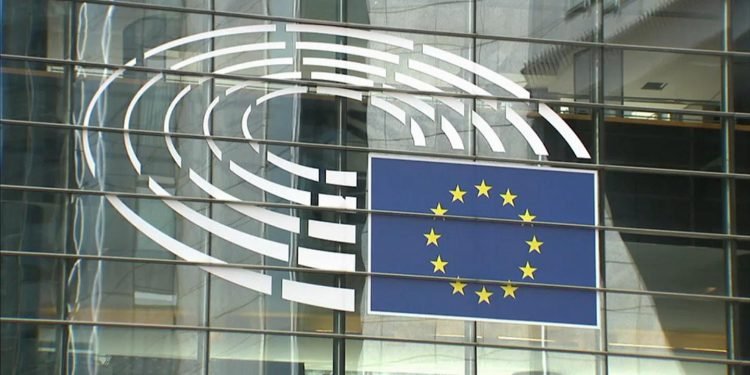Belgium (Brussels Morning newspaper) More than six months after the Qatargate bribery scandal broke, the European Union has unveiled its solution to address unethical behavior across its institutions: An advisory board that will harmonize standards.
Under the European Commission’s proposal for an ethics body, adopted Wednesday and made public Thursday, nine EU institutions would create — and enforce — binding commitments to implement common ethics standards for political officials working in them.
A promise that long predates the Qatargate corruption affair that rocked the European Parliament half a year ago, the plan is the EU executive’s attempt to overcome legal and political hurdles to achieve an independent ethics cop that can enforce rules across EU bodies.
The proposed panel lacks the authority to initiate investigations or impose penalties for misconduct. However, the intention behind the proposal is to hold political officials accountable by establishing a mechanism to monitor their actions and publicly shame them if they fail to comply.
Under the proposal, each of the nine relevant institutions would appoint a representative to serve on the ethics body. This body would be given a six-month timeframe to develop unified standards.
Once a consensus is reached on new foundational regulations, which encompass areas such as asset disclosure, outside employment, acceptance of gifts from third parties, post-employment positions, and transparency, the ethics body would then establish a shared framework for enforcing these rules internally.

Daniel Freund, a Greens/EFA Group MEP and European Parliament Rapporteur, expressed disappointment with the Commission’s proposal, stating that it lacks independence, investigatory powers, and the ability to impose sanctions for ethics violations. After years of delay, the Commission’s offering falls short of expectations.
Freund emphasized the urgent need for a genuinely independent body capable of overseeing potential conflicts of interest, corruption, and mismanagement across EU institutions. Such a body is crucial to restore trust in politics and ensure that decisions are made in the best interests of citizens.
The Qatargate scandal serves as a reminder that self-regulation by politicians and officials is ineffective. The proposed solution reinforces the notion of self-regulation, which is deemed insufficient to rebuild trust in the EU. The Greens/EFA Group remains committed to fighting for greater accountability and integrity at the EU level.




